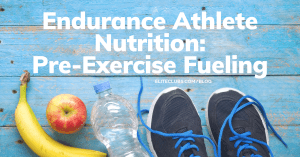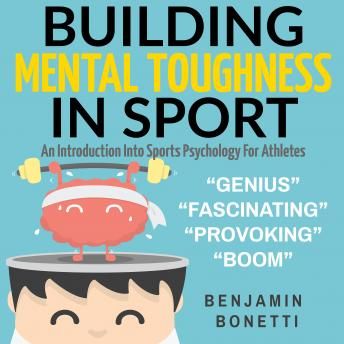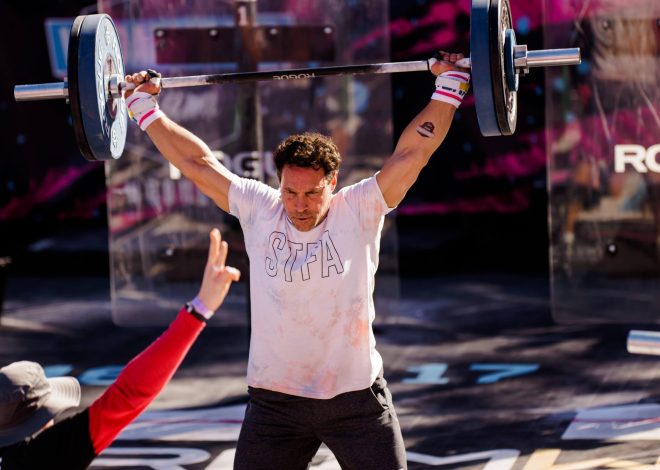
Nutrition for Endurance Athletes: Fueling the Race
Endurance athletes, such as marathon runners, triathletes, and cyclists, require a well-balanced diet to meet the intense physical demands of their sport. Proper nutrition plays a crucial role in fueling their bodies, enhancing performance, and aiding in recovery. This article will delve into the key aspects of nutrition that endurance athletes should focus on to optimize their performance on race day.
Macronutrients: Carbohydrates, Proteins, and Fats
Carbohydrates are the primary source of fuel for endurance athletes. They provide readily available energy and help maintain glycogen stores in the muscles and liver. Complex carbohydrates, such as whole grains, fruits, and vegetables, should make up a significant portion of an endurance athlete’s diet. It is important to choose nutrient-dense carbohydrates that are high in fiber and low in added sugars to sustain energy levels.
Proteins are essential for muscle repair and recovery. Endurance athletes should aim for a moderate protein intake, approximately 1.2-1.7 grams per kilogram of body weight, to support muscle maintenance. Sources of high-quality proteins include lean meats, fish, poultry, eggs, legumes, and dairy products.
Fats are another important macronutrient for endurance athletes as they provide a concentrated source of energy and help with the absorption of fat-soluble vitamins. Healthy fats, such as those found in avocados, nuts, seeds, and fatty fish, should be included in the diet. It is important to choose unsaturated fats over saturated and trans fats to promote heart health.
Hydration: The Key to Performance
Hydration is crucial for endurance athletes to maintain optimal performance. Dehydration can lead to fatigue, muscle cramps, and decreased endurance. Athletes should aim to drink water regularly throughout the day and increase fluid intake during training sessions. During longer races, sports drinks with electrolytes can help replenish lost minerals and maintain fluid balance. It is important to listen to your body and hydrate accordingly.
Pre-Workout Nutrition
Proper pre-workout nutrition is essential to ensure endurance athletes have enough energy for the race. It is recommended to consume a balanced meal containing carbohydrates, proteins, and fats approximately 2-3 hours before training or competition. This allows for optimal digestion and absorption of nutrients. Some examples of pre-workout meals include whole grain toast with peanut butter and banana, oatmeal with berries and nuts, or a smoothie with protein powder, fruits, and veggies.
During Race Nutrition
During long races, it is important for endurance athletes to consume carbohydrates for sustained energy. Energy gels, sports drinks, and easily digestible snacks like bananas or energy bars can all provide quick fuel. It is crucial to practice your race day nutrition strategy during training to determine what works best for your body. Remember to drink water or sports drinks regularly to stay hydrated during the race.
Post-Race Recovery
Recovery nutrition is vital for endurance athletes to repair muscles and replenish glycogen stores. Consuming a combination of carbohydrates and proteins within 30 minutes of completing the race can enhance recovery. This can be achieved through a recovery shake, chocolate milk, or a meal containing lean protein and complex carbohydrates. It is also important to rehydrate by drinking fluids and consuming electrolytes to restore mineral balance.
Conclusion
Nutrition plays a fundamental role in fueling the race for endurance athletes. A well-balanced diet rich in carbohydrates, proteins, and healthy fats can optimize performance and aid in recovery. Hydration should also be a priority before, during, and after races. Endurance athletes should experiment with nutrition strategies during training to determine what works best for their bodies. By paying attention to their nutritional needs, endurance athletes can unlock their true potential and achieve their race day goals.


